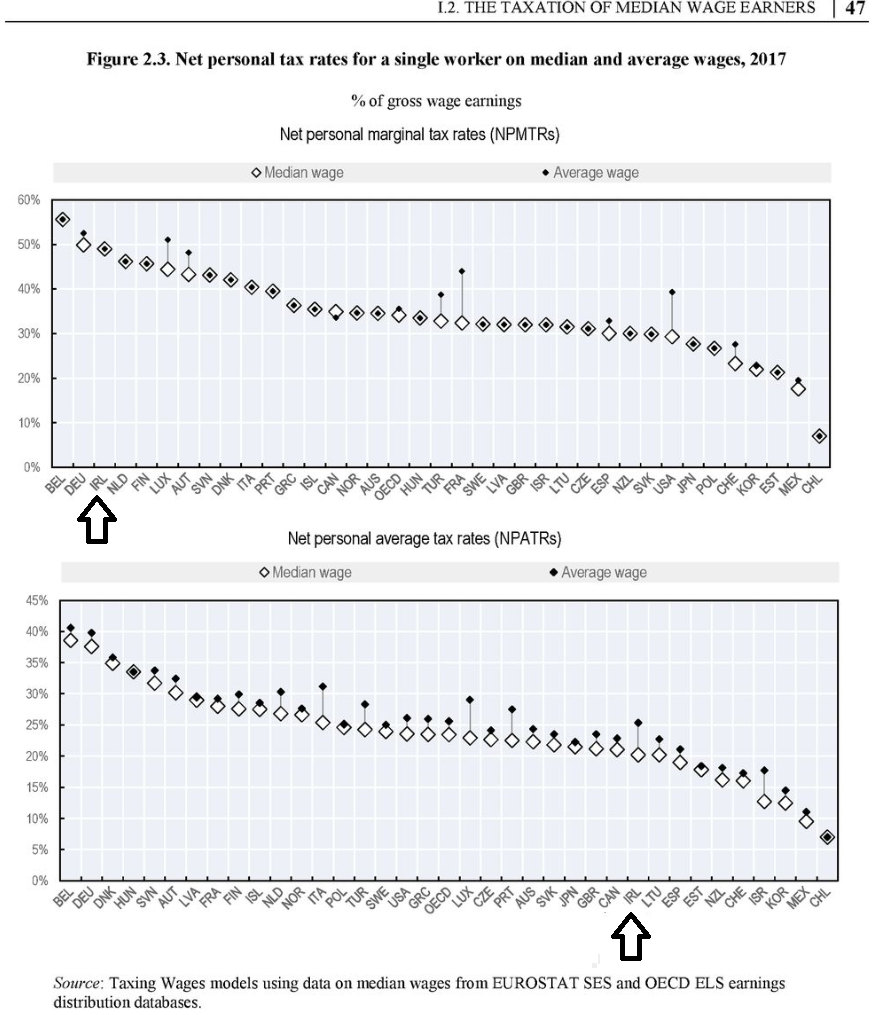I was asking you, for your opinion. Do you think it would be stupid or not, not to avail of the maximum allowable and legal deduction (in effect, to exaggerate the expense claim in order to reduce tax liability)?
Are you sure you have this correct? I thought we covered this? Personal expenses claimed for business use are not legal, regardless of what Revenue say..
To add....
I don't get what all the fuss is about. First you say PAYE workers don't get a break:
Expect maybe for the PAYE worker, who doesn't even get the opportunity to touch their own income before it's whisked away to Revenue and Social Protection - where is the equality of opportunity for PAYE worker's there?
Then you go on about various self-employed people: painter & decorator, strawberry seller and plumber, all using their mobiles for business and personal use and then admit to availing of the perk yourself!
I have direct experience with Revenue on this exact matter. Only in my case it was for staff mobile phones - they were set at a fixed monthly rate for business use with certain limitations (calls outside Roi, data usage etc would incur additional charges payable by the employee).
The fixed monthly bill was an allowable cost as it was for business use. It was accepted that a certain amount of personal usage would apply, but as it didn't affect the monthly bill, then this usage would be disregarded.
So I am lost - are you saying the self-employed get a better break or something? As I have been saying for a few pages now, business expenses should be for business use only and if personal expenses are put in as business expenses they are not legal, whatever Revenue say. It's up to each person to determine what they do.
Last edited:


